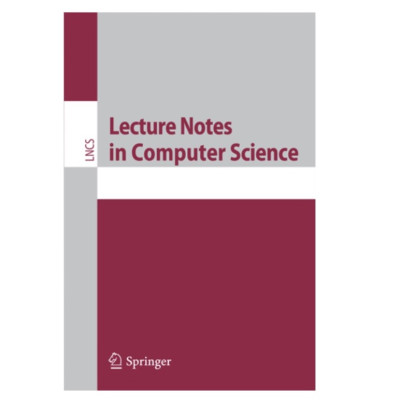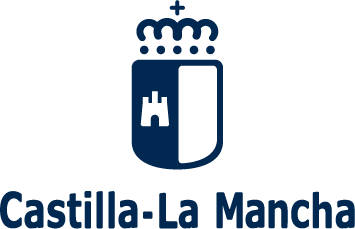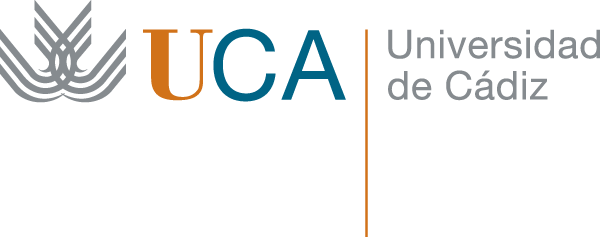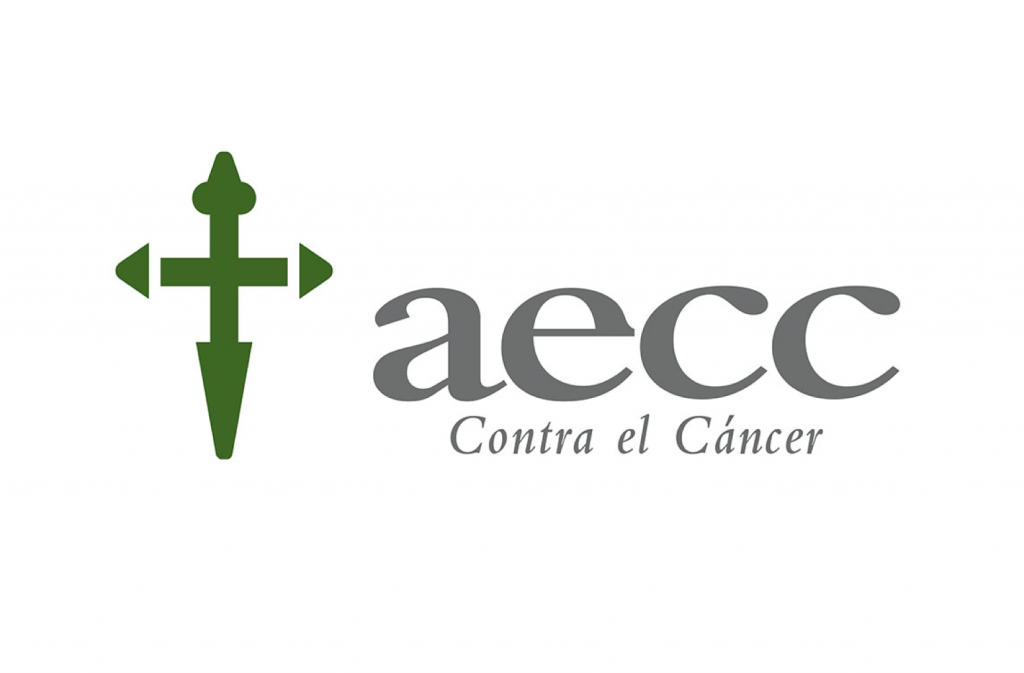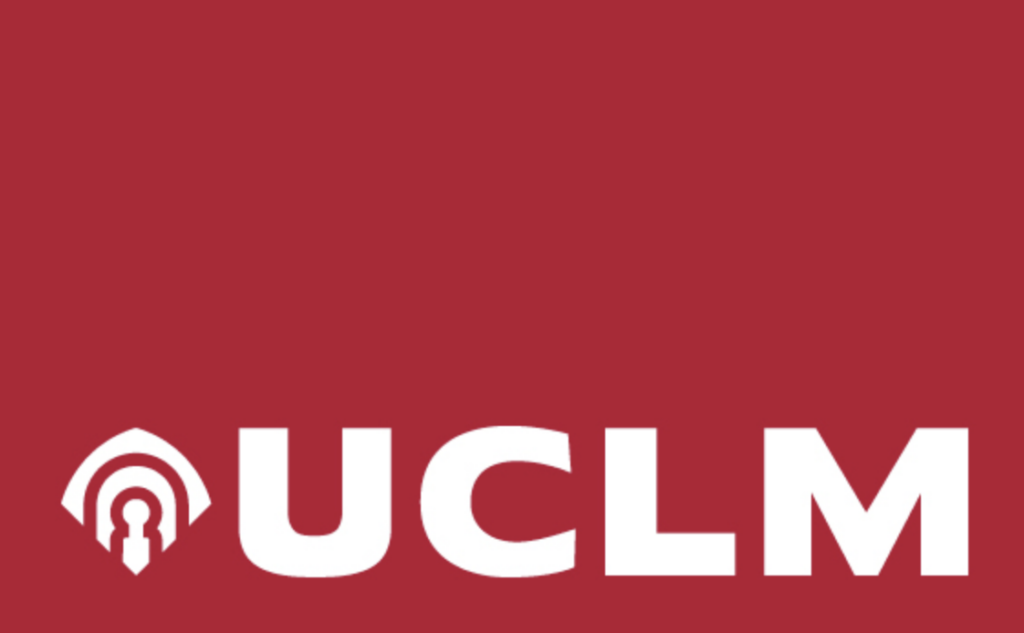Publication
Towards Uncertainty-Assisted Brain Tumor Segmentation and Survival Prediction
A. Jungo, R. McKinley, R. Meier, U. Knecht, L. Vera, J. Pérez-Beteta, D. Molina, V.M. Pérez-García, R. Wiest, M. Reyes
In: Brainlesion: Glioma, Multiple Sclerosis, Stroke and Traumatic Brain Injuries. BrainLes 2017. Lecture Notes in Computer Science, vol 10670. Springer
MOLAB authors
Abstract
Uncertainty measures of medical image analysis technologies, such as deep learning, are expected to facilitate their clinical acceptance and synergies with human expertise. Therefore, we propose a full-resolution residual convolutional neural network (FRRN) for brain tumor segmentation and examine the principle of Monte Carlo (MC) Dropout for uncertainty quantification by focusing on the Dropout position and rate. We further feed the resulting brain tumor segmentation into a survival prediction model, which is built on age and a subset of 26 image-derived geometrical features such as volume, volume ratios, surface, surface irregularity and statistics of the enhancing tumor rim width. The results show comparable segmentation performance between MC Dropout models and a standard weight scaling Dropout model. A qualitative evaluation further suggests that informative uncertainty can be obtained by applying MC Dropout after each convolution layer. For survival prediction, results suggest only using few features besides age. In the BraTS17 challenge, our method achieved the 2nd place in the survival task and completed the segmentation task in the 3rd best-performing cluster of statistically different approaches.



